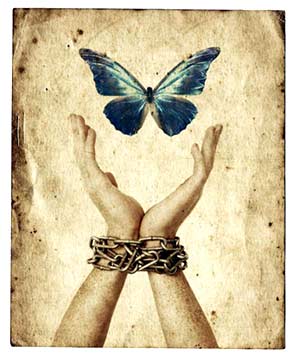 A certain man planted a rose and watered it faithfully and before it blossomed, he examined it. He saw the bud that would soon blossom, but noticed thorns upon the stem and he thought, “How can any beautiful flower come from a plant burdened with so many sharp thorns?” Saddened by this thought, he neglected to water the rose, and just before it was ready to bloom, it died.
A certain man planted a rose and watered it faithfully and before it blossomed, he examined it. He saw the bud that would soon blossom, but noticed thorns upon the stem and he thought, “How can any beautiful flower come from a plant burdened with so many sharp thorns?” Saddened by this thought, he neglected to water the rose, and just before it was ready to bloom, it died.
So it is with many people. Within every soul there is a rose. The good qualities planted in us at birth, grow amid the thorns of our faults. Many of us look at ourselves and see only the thorns, the defects.
We despair, thinking that nothing good can possibly come from us. We neglect to water the good within us, and eventually it dies. We never realize our potential. Some people do not see the rose within themselves; someone else must show it to them. One of the greatest gifts a person can possess is to be able to reach past the thorns of another, and find the rose within them.
This is one of the characteristic of love: to look at a person, know their true faults and accepting that person into your life, all the while recognizing the nobility in their soul. Help others to realize they can overcome their faults. If we show them the “rose” within themselves, they will conquer their thorns. Only then will they blossom many times over. As a great man once said, ‘The most favorable friend to me is that who shows me my flaws’.
Radhanath Swami quotes from the Bhagavad Gita, ‘The Gita tells that every living being is a part of God, just as every ray emanating from the sun is part of the sun. When we discover the love of God that is within our own hearts, we see an inseparable part of God in the heart of every living being—male or female; black or white, Hindu, Muslim or Christian, American or Israeli and only then can we truly love the other ignoring all their faults’.







